24 Most effective natural blood thinner foods
Table of Contents
24 Most effective natural blood thinner foods
While certain foods are believed to have natural blood-thinning properties, it’s essential to consult with a healthcare professional before making significant changes to your diet, especially if you’re taking medications or have underlying health conditions. Here’s a list of foods that are often considered to have blood-thinning effects:
- Garlic: Contains allicin, which has blood-thinning properties and may help lower blood pressure.
- Turmeric: Contains curcumin, which has anti-inflammatory and blood-thinning effects.
- Ginger: Known for its anti-inflammatory properties, ginger may also help thin the blood.
- Cayenne Pepper: Contains capsaicin, which may help improve circulation and has mild blood-thinning effects.
- Cinnamon: May help improve circulation and has mild blood-thinning effects.
- Salmon: Rich in omega-3 fatty acids, which can help prevent blood clotting.
- Tuna: Another good source of omega-3 fatty acids.
- Mackerel: Contains omega-3 fatty acids and is beneficial for heart health.
- Sardines: Rich in omega-3 fatty acids and vitamin D, which are good for cardiovascular health.
- Flaxseeds: High in omega-3 fatty acids and lignans, which may help prevent blood clots.
- Chia Seeds: Similar to flaxseeds, chia seeds are rich in omega-3 fatty acids and can help thin the blood.
- Nuts: Particularly almonds and walnuts, which are rich in omega-3 fatty acids.
- Berries: Blueberries, strawberries, and raspberries contain antioxidants that support heart health and circulation.
- Oranges: Rich in vitamin C, which may help prevent blood clots and improve circulation.
- Grapefruit: Contains antioxidants and vitamin C, which may help improve blood flow.
- Pineapple: Contains bromelain, an enzyme with anti-inflammatory properties that may help prevent blood clots.
- Leafy Greens: Spinach, kale, and Swiss chard are high in vitamin K, which plays a role in blood clotting but can also have a blood-thinning effect in moderation.
- Broccoli: Contains vitamin K and other nutrients that support cardiovascular health.
- Tomatoes: Rich in antioxidants like lycopene, which may help prevent blood clots.
- Olive Oil: Contains healthy fats that can improve circulation and have mild blood-thinning effects.
- Dark Chocolate: Contains flavonoids that may help improve blood flow and prevent blood clots.
- Green Tea: Contains catechins, which have antioxidant and blood-thinning effects.
- Red Wine: In moderation, red wine contains resveratrol, which may have blood-thinning properties.
- Water: Staying hydrated is essential for maintaining healthy blood flow and preventing clotting.
Remember, while these foods may have blood-thinning properties, they should be consumed as part of a balanced diet, and it’s crucial to consult with a healthcare provider for personalized advice, especially if you’re on medication or have specific health concerns.
24 Most effective natural blood thinner foods
how to gain weight at home naturally?
What can I eat to naturally thin my blood?
To naturally thin your blood, you can incorporate certain foods into your diet that have blood-thinning properties. Here are some options:
- Fatty Fish: Salmon, tuna, mackerel, and sardines are rich in omega-3 fatty acids, which can help prevent blood clotting.
- Leafy Greens: Spinach, kale, Swiss chard, and other leafy greens are high in vitamin K, which plays a role in blood clotting but can also have a blood-thinning effect in moderation.
- Garlic: Contains allicin, which has blood-thinning properties and may help lower blood pressure.
- Turmeric: Contains curcumin, which has anti-inflammatory and blood-thinning effects.
- Ginger: Known for its anti-inflammatory properties, ginger may also help thin the blood.
- Cayenne Pepper: Contains capsaicin, which may help improve circulation and has mild blood-thinning effects.
- Cinnamon: May help improve circulation and has mild blood-thinning effects.
- Nuts: Almonds, walnuts, and other nuts are rich in omega-3 fatty acids and can help prevent blood clotting.
- Seeds: Flaxseeds, chia seeds, and hemp seeds are high in omega-3 fatty acids and can help thin the blood.
- Berries: Blueberries, strawberries, raspberries, and other berries contain antioxidants that support heart health and circulation.
- Oranges: Rich in vitamin C, which may help prevent blood clots and improve circulation.
- Pineapple: Contains bromelain, an enzyme with anti-inflammatory properties that may help prevent blood clots.
- Olive Oil: Contains healthy fats that can improve circulation and have mild blood-thinning effects.
- Dark Chocolate: Contains flavonoids that may help improve blood flow and prevent blood clots.
- Green Tea: Contains catechins, which have antioxidant and blood-thinning effects.
- Red Wine: In moderation, red wine contains resveratrol, which may have blood-thinning properties.
- Water: Staying hydrated is essential for maintaining healthy blood flow and preventing clotting.
Incorporating these foods into your diet as part of a balanced and varied eating plan may help naturally thin your blood. However, it’s essential to consult with a healthcare provider for personalized advice, especially if you’re on medication or have specific health concerns.
top 7 outdoor games for 6-12 years old without equipment with rules
What foods help clear blood clots?
While certain foods are believed to have properties that may support cardiovascular health and potentially help prevent blood clots, it’s important to note that dietary changes alone may not be sufficient to clear existing blood clots. However, a balanced diet rich in certain nutrients may contribute to overall cardiovascular health and reduce the risk of blood clot formation. Here are some foods that are often recommended for their potential benefits:
- Fatty Fish: Rich in omega-3 fatty acids, which can help reduce inflammation and prevent blood clotting. Examples include salmon, mackerel, trout, and sardines.
- Leafy Greens: High in vitamin K, which plays a role in blood clotting regulation. While vitamin K is often associated with promoting blood clotting, consuming it in moderation as part of a balanced diet can support overall cardiovascular health. Examples include spinach, kale, Swiss chard, and collard greens.
- Garlic: Contains compounds like allicin, which may have antiplatelet and anticoagulant effects, potentially reducing the risk of blood clot formation.
- Turmeric: Contains curcumin, a compound with anti-inflammatory properties that may help improve circulation and prevent blood clots.
- Ginger: Known for its anti-inflammatory effects, ginger may help improve blood flow and reduce the risk of clot formation.
- Cayenne Pepper: Contains capsaicin, which may help improve circulation and prevent blood clots.
- Citrus Fruits: Rich in vitamin C and antioxidants, which may help maintain healthy blood vessels and reduce the risk of blood clotting. Examples include oranges, lemons, limes, and grapefruits.
- Berries: Packed with antioxidants and flavonoids, which have anti-inflammatory effects and may help improve circulation. Examples include blueberries, strawberries, raspberries, and blackberries.
- Olive Oil: Contains monounsaturated fats and antioxidants, which can help reduce inflammation and support cardiovascular health.
- Nuts and Seeds: Rich in omega-3 fatty acids, fiber, and antioxidants, nuts and seeds can help reduce inflammation and promote heart health. Examples include almonds, walnuts, flaxseeds, and chia seeds.
- Whole Grains: High in fiber and nutrients, whole grains like oats, quinoa, brown rice, and barley can help lower cholesterol levels and improve blood flow.
- Dark Chocolate: Contains flavonoids, which may help improve blood flow and reduce the risk of blood clot formation when consumed in moderation.
- Green Tea: Contains catechins and other antioxidants, which may help improve circulation and reduce the risk of blood clots.
- Red Wine: In moderation, red wine contains resveratrol and other compounds that may have anti-inflammatory and anticoagulant effects.
While incorporating these foods into your diet can support overall cardiovascular health, it’s essential to consult with a healthcare professional if you have existing blood clots or other cardiovascular issues. Dietary changes should complement medical treatment and not replace it. Additionally, some foods or supplements may interact with medications, so it’s crucial to discuss any dietary changes with your healthcare provider.
what is the most effective natural blood thinner?
The effectiveness of natural blood thinners can vary depending on individual health conditions, medications, and other factors. Some natural substances are believed to have blood-thinning properties, but their efficacy may not be as potent as prescription blood thinners. However, they can still contribute to overall cardiovascular health and potentially reduce the risk of blood clot formation. Here are some commonly cited natural blood thinners:
- Omega-3 Fatty Acids: Found in fatty fish like salmon, mackerel, and sardines, as well as in nuts, seeds, and plant oils, omega-3 fatty acids have anti-inflammatory effects and can help prevent blood clotting.
- Garlic: Contains allicin, a compound that may have blood-thinning effects and help lower blood pressure.
- Turmeric: Contains curcumin, which has anti-inflammatory properties and may help prevent blood clot formation.
- Ginger: Known for its anti-inflammatory effects, ginger may also have mild blood-thinning properties.
- Cayenne Pepper: Contains capsaicin, which may improve circulation and have mild blood-thinning effects.
- Ginkgo Biloba: A herbal supplement that may help improve blood flow and circulation, potentially reducing the risk of blood clots.
- Vitamin E: Found in nuts, seeds, and vegetable oils, vitamin E is an antioxidant that may help prevent blood clot formation by reducing platelet aggregation.
- Grape Seed Extract: Contains antioxidants known as oligomeric proanthocyanidin complexes (OPCs), which may have blood-thinning effects.
- Bromelain: Found in pineapple, bromelain is an enzyme with anti-inflammatory properties that may help prevent blood clots.
- Green Tea: Contains catechins, which have antioxidant and anti-inflammatory effects and may help improve blood flow.
While these natural substances may offer some blood-thinning benefits, it’s essential to use them cautiously and under the guidance of a healthcare professional, especially if you’re already taking prescription blood thinners or have underlying health conditions. Additionally, the efficacy of natural blood thinners can vary from person to person, and they may not be suitable for everyone. Always consult with your doctor before adding any new supplements or making significant dietary changes.
The 15 Best Foods For Eye Health To Include In Your Diet
blood clotting foods to avoid
If you’re looking to reduce the risk of blood clotting or if you’re already prone to blood clotting issues, it’s advisable to be cautious about certain foods that may increase the risk of clot formation or interfere with blood-thinning medications. Here are some foods and dietary habits to consider avoiding or limiting:
- Vitamin K-Rich Foods: Vitamin K plays a crucial role in blood clotting, so consuming excessive amounts of foods high in vitamin K may counteract the effects of blood thinners. Examples include leafy greens like kale, spinach, and Swiss chard, as well as broccoli, Brussels sprouts, and cabbage. While these foods are nutritious and should be part of a balanced diet, it’s essential to consume them consistently in moderation and maintain a stable intake to avoid fluctuations in vitamin K levels.
- Alcohol: Excessive alcohol consumption can increase the risk of blood clotting by interfering with platelet function and promoting dehydration. If you’re taking blood-thinning medications, excessive alcohol intake can also amplify their effects and increase the risk of bleeding. Limit alcohol consumption and drink in moderation, following the guidelines recommended by healthcare professionals.
- Processed Foods: Highly processed foods, particularly those high in refined sugars, unhealthy fats, and additives, can promote inflammation and endothelial dysfunction, which may contribute to blood clot formation. Limit your intake of processed snacks, sugary beverages, fast food, and other unhealthy processed foods.
- Saturated and Trans Fats: Foods high in saturated and trans fats can increase cholesterol levels and promote inflammation, potentially contributing to arterial plaque buildup and blood clotting. Limit your intake of foods like red meat, full-fat dairy products, fried foods, and commercially baked goods containing hydrogenated oils.
- Excessive Salt: High-sodium diets can lead to water retention and increased blood pressure, which may promote clot formation and cardiovascular risk. Reduce your intake of processed and salty foods, such as canned soups, salty snacks, processed meats, and fast food.
- Excessive Caffeine: While moderate caffeine consumption is generally considered safe for most people, excessive caffeine intake can lead to dehydration and increase blood pressure, potentially increasing the risk of blood clotting. Limit your consumption of caffeinated beverages like coffee, tea, energy drinks, and soda.
- Omega-6 Fatty Acids: While omega-3 fatty acids have anti-inflammatory and blood-thinning effects, excessive intake of omega-6 fatty acids, commonly found in vegetable oils like corn, soybean, and sunflower oil, may promote inflammation and clot formation. Aim for a balanced ratio of omega-3 to omega-6 fatty acids in your diet.
- Licorice: Consuming excessive amounts of licorice or licorice-containing products may lead to high blood pressure and potassium depletion, potentially increasing the risk of blood clotting. If you’re prone to blood clotting or have hypertension, it’s best to avoid licorice or consume it in moderation.
- Grapefruit: Grapefruit and grapefruit juice can interact with certain medications, including blood thinners, by inhibiting the activity of enzymes responsible for drug metabolism. This can lead to increased drug concentrations in the body and a higher risk of bleeding. If you’re taking blood-thinning medications, consult your healthcare provider before consuming grapefruit or grapefruit juice.
- Excessive Vitamin E Supplements: While vitamin E-rich foods like nuts and seeds can be beneficial in moderation, excessive supplementation with high-dose vitamin E supplements may increase the risk of bleeding, particularly when combined with blood-thinning medications. Stick to recommended dietary allowances (RDAs) for vitamin E and avoid megadoses without consulting your healthcare provider.
It’s important to remember that individual dietary needs and considerations vary, so consult with a healthcare professional or registered dietitian for personalized guidance on managing blood clotting risk through diet and lifestyle modifications. Additionally, if you’re taking blood-thinning medications or have specific health conditions, always follow your healthcare provider’s recommendations regarding dietary restrictions and medication management.
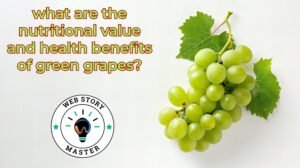
what are the nutritional value and health benefits of green grapes?
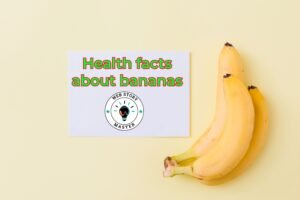


Top 10 Air Purifying Plants To Keep Your Air Clean – approved by NASA







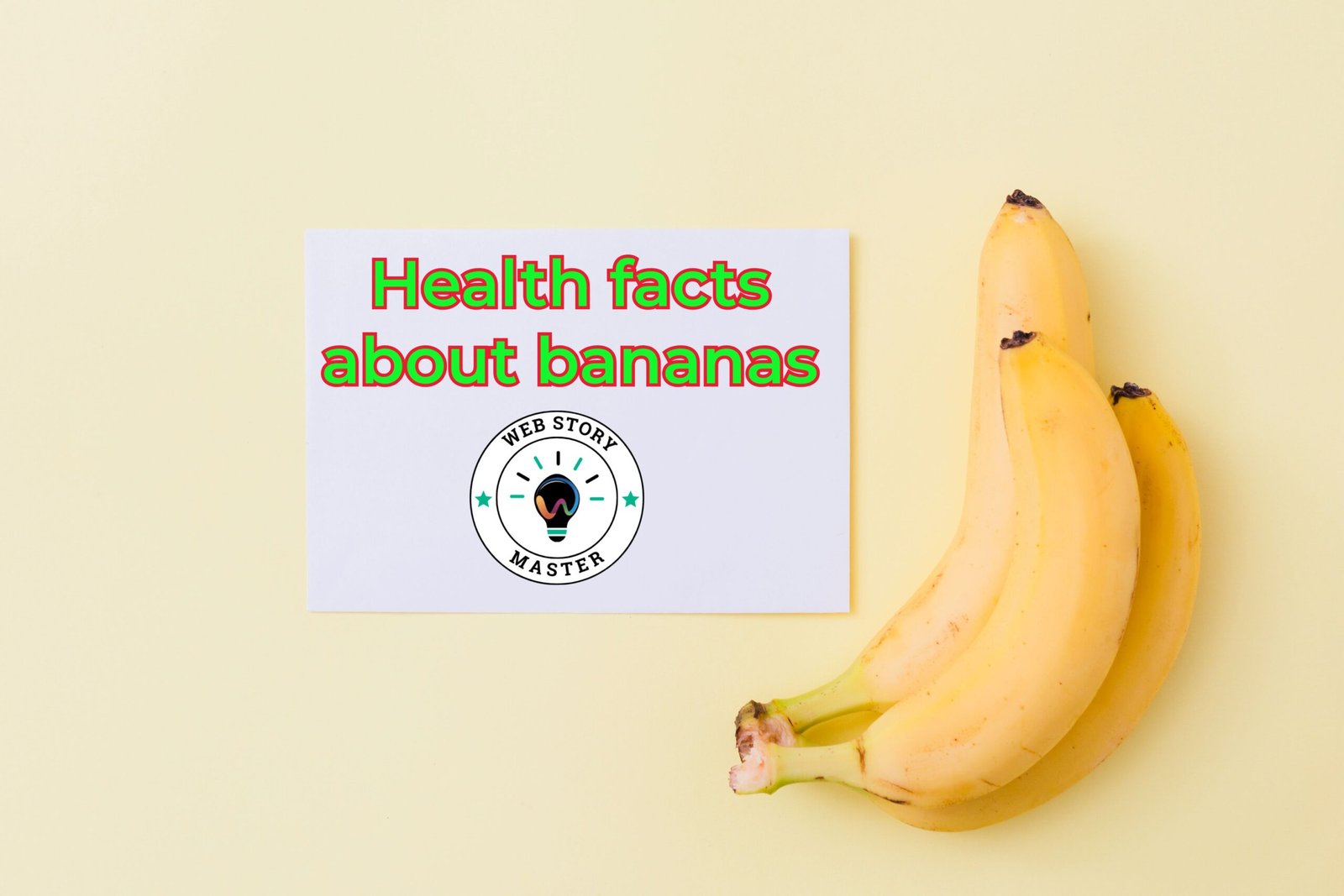



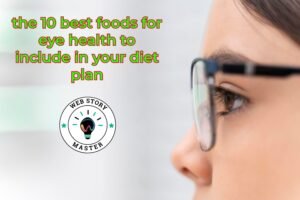

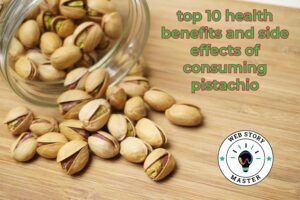

5 comments